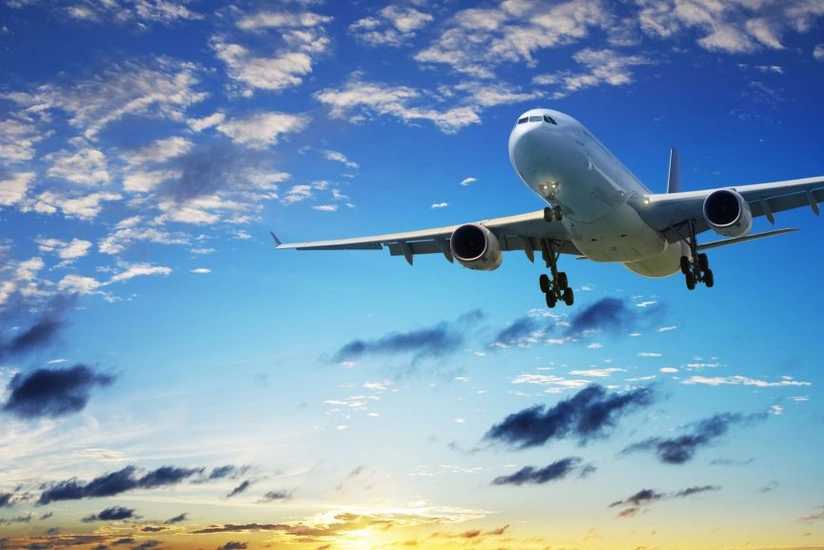Russians buy tickets en masse to avoid mobilization, as new wave of emigration expected
- 21 September, 2022
- 13:21

After Russian President Vladimir Putin announced a partial mobilization, Russians began buying air tickets to the countries it is easiest to fly to - Armenia, Azerbaijan, Serbia, and Turkiye, BBC Russia Service said, Report informs.
No visa is required to travel from Russia to the countries mentioned above, and there are no political restrictions. Tickets for these destinations for the next few days have already been sold out, or the price is more than 70,000 rubles ($1,143) for one direction.
As reported, Russians have few options to leave (especially with direct flights). After the war in Ukraine started, the European Union (EU) closed its airspace to Russian planes. It was possible to go to Europe by car or bus through Latvia or Estonia. However, in September, these countries banned Russians with Schengen visas from entering the country. It is possible to go only to Finland among the bordering countries.
After Putin's address, no official statements were made regarding the ban on leaving Russia due to partial mobilization. But this is not an exception. Thus, according to Article 21 of the Law on Mobilization Preparation and Mobilization, it is forbidden for citizens registered in the military to leave their place of residence without the permission of military commissariats and federal executive authorities from the moment mobilization is announced.
According to Kommersant, S7 and Aeroflot airlines assure that now there are no restrictions on selling tickets abroad for men of military service age. The Federal Agency for Tourism (Rosturizm) also said that no new restrictions were imposed on foreign travel. At the same time, the first messages about denying permission to travel by land have already appeared on tourist forums - men are being turned back at the border crossing point with Georgia. These reports have not yet been confirmed.
Economists warn that unless the borders are completely closed to everyone (which is unrealistic – note by BBC), then emigration will increase. This migration wave may exceed the spring wave. This will have a negative impact on the Russian economy in the long run. Emigrating skilled, highly paid personnel from Russia due to increased uncertainty has a greater impact on the economy than the mobilization of 300,000 people.
